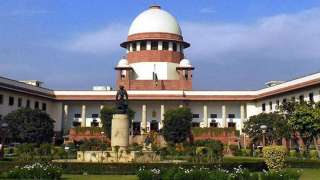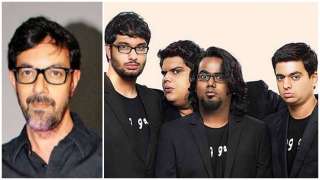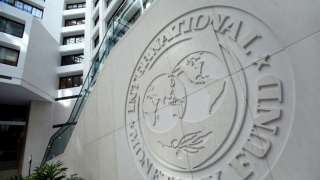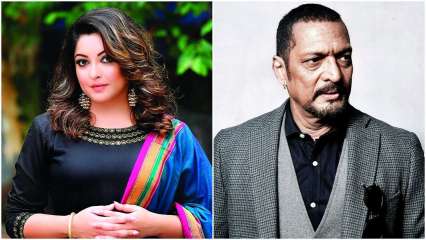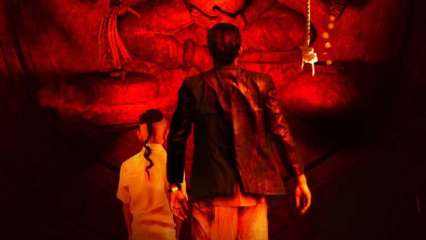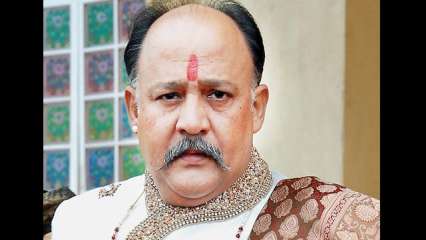Supreme Court refuses urgent hearing on review petition filed against Sabarimala verdict
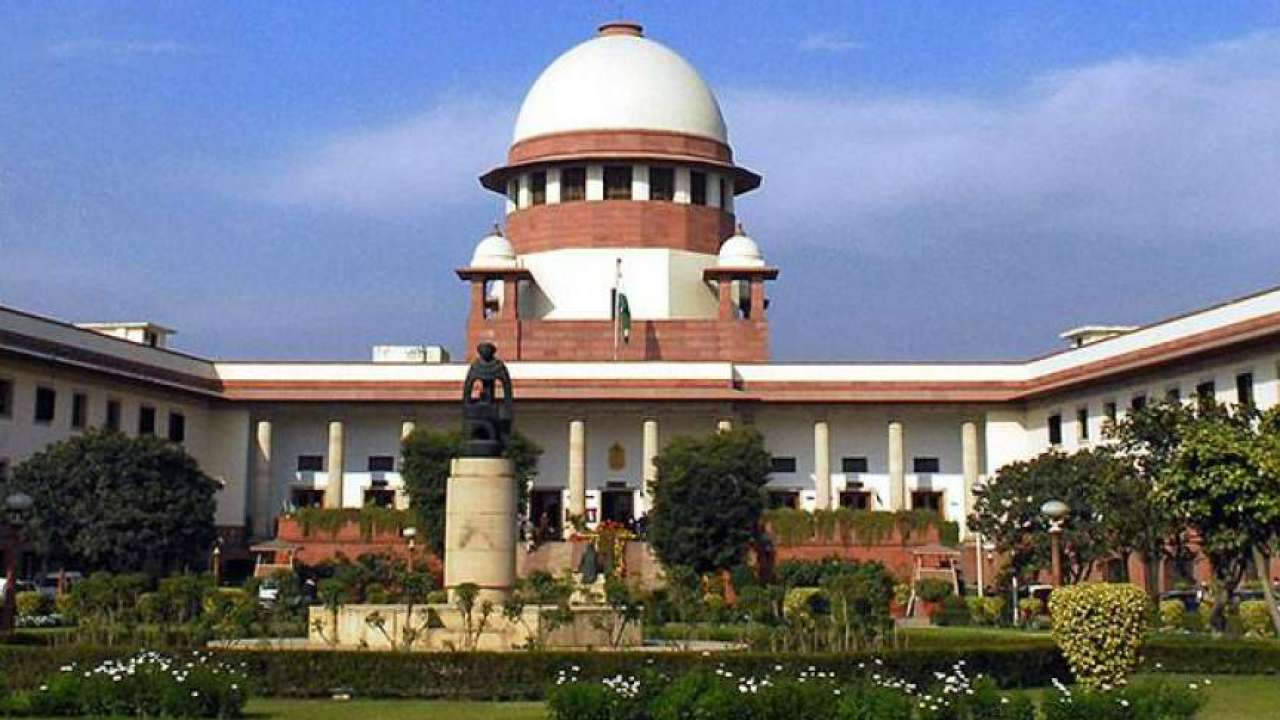
Picture for representation, PTI
The Supreme Court on Tuesday refused to urgently hear a review petition seeking review of its judgement which lifted the ban on entry of women in age group 10 to 50 years into the Sabarimala Temple in Kerala.
Two petitions were filed in the Supreme Court Monday seeking review of its judgement, contending it was "absolutely untenable and irrational".
Rejecting an urgent hearing, the top court said "review petitions to come up for hearing in due course."
Chief Justice of India Ranjan Gogoi had on Wednesday said "no urgent mentioning of cases will be allowed" till certain parameters are fixed for it. "If somebody is going to be hanged tomorrow, then we can understand (urgency)", the CJI said.
On Monday, two separate pleas were filed by National Ayyappa Devotees Association and the Nair Service Society (NSS) in connection with the September 28 judgment which had allowed entry of women of all ages in the hill-top shrine.
A five-judge constitution bench headed by then Chief Justice Dipak Misra, had in its 4:1 verdict, said banning the entry of women into the shrine is gender discrimination and that the practice violates rights of Hindu women.
The review petition filed by Shylaja Vijayan, president of the Devotees Association, said Lord Ayyappa, wanted to keep "himself not being distracted by the presence of ladies of fertile ages" and this is faith.
"Faith cannot be judged by scientific or rationale reasons or logic," the plea said.
"The notion that the judgment under review is revolutionary, one which removes the stigma or the concept of dirt or pollution associated with menstruation, is unfounded. It is a judgment welcomed by hypocrites who were aspiring for media headlines. On the merits of the case, as well, the said judgment is absolutely untenable and irrational, if not perverse," the Devotees Association plea, filed through advocate Mathews J Nedumpara, said.
The second petition filed by NSS, an organisation for the upliftment and welfare of the Nair community, said as the deity is a 'Naistika Brahmachari, the females before the age of 10 and after the age of 50 years are eligible to worship him and there is no practice of excluding worship by females.
"Hence, the delay or wait for 40 years to worship cannot be considered as exclusionary and it is an error of law on the face of the judgement," the plea said.
The NSS said many essential religious practices will be rendered void and the religion itself may be rendered out of existence if the general ground of equality under Article 14 is resorted to and the essential religious practices are tested on the principle of rationality.
"Review judgment and order...on the ground that it is unconstitutional and void inasmuch as it is vitiated by errors apparent on the face of the record; that it is without jurisdiction or in excess of jurisdiction, that it is in violation of the principles of natural justice and that it is in violation of express constitutional provisions," the plea filed by Devotees Association said.
(With PTI inputs)





